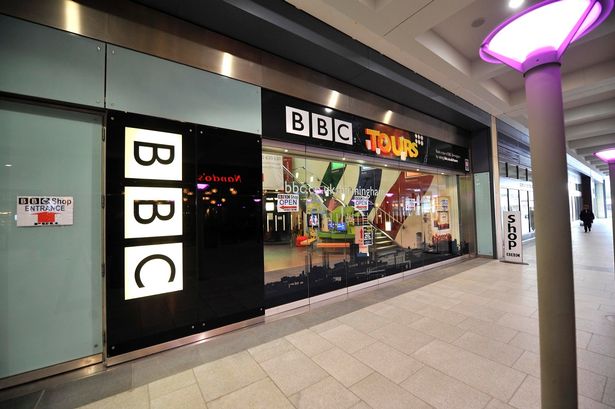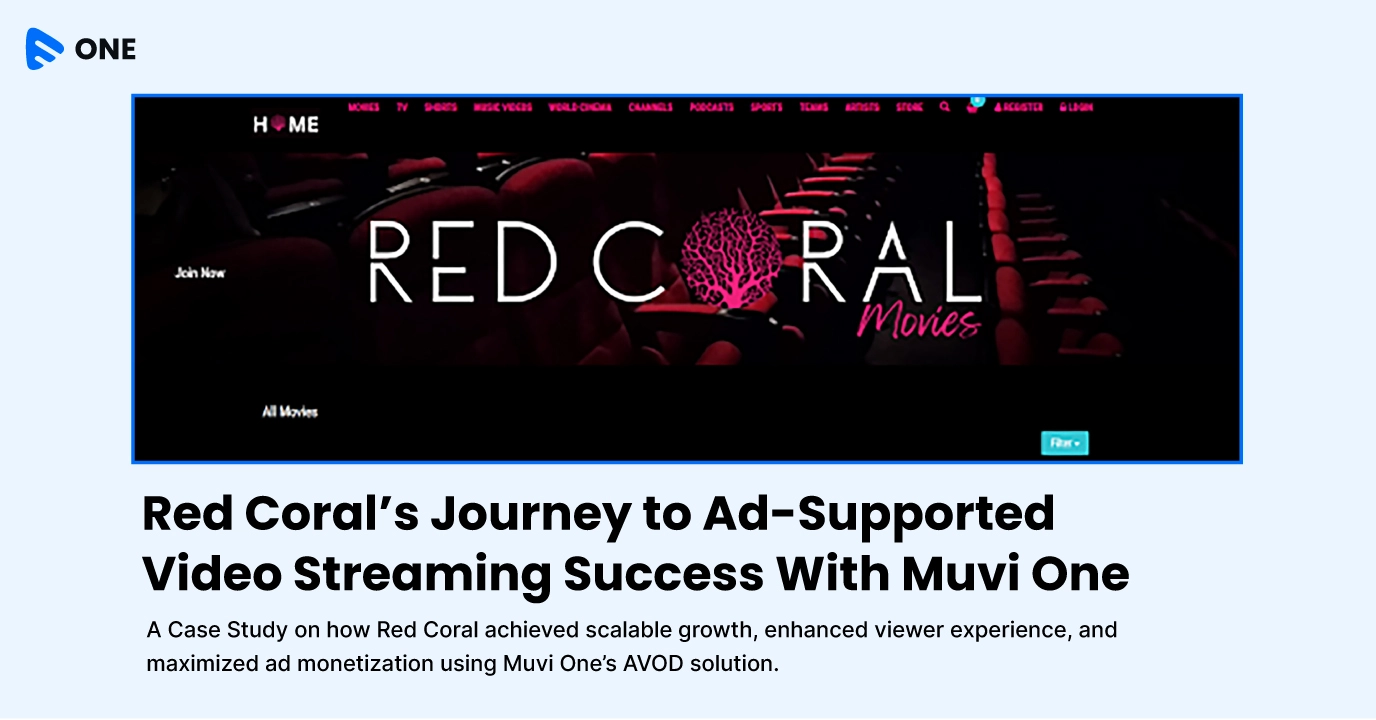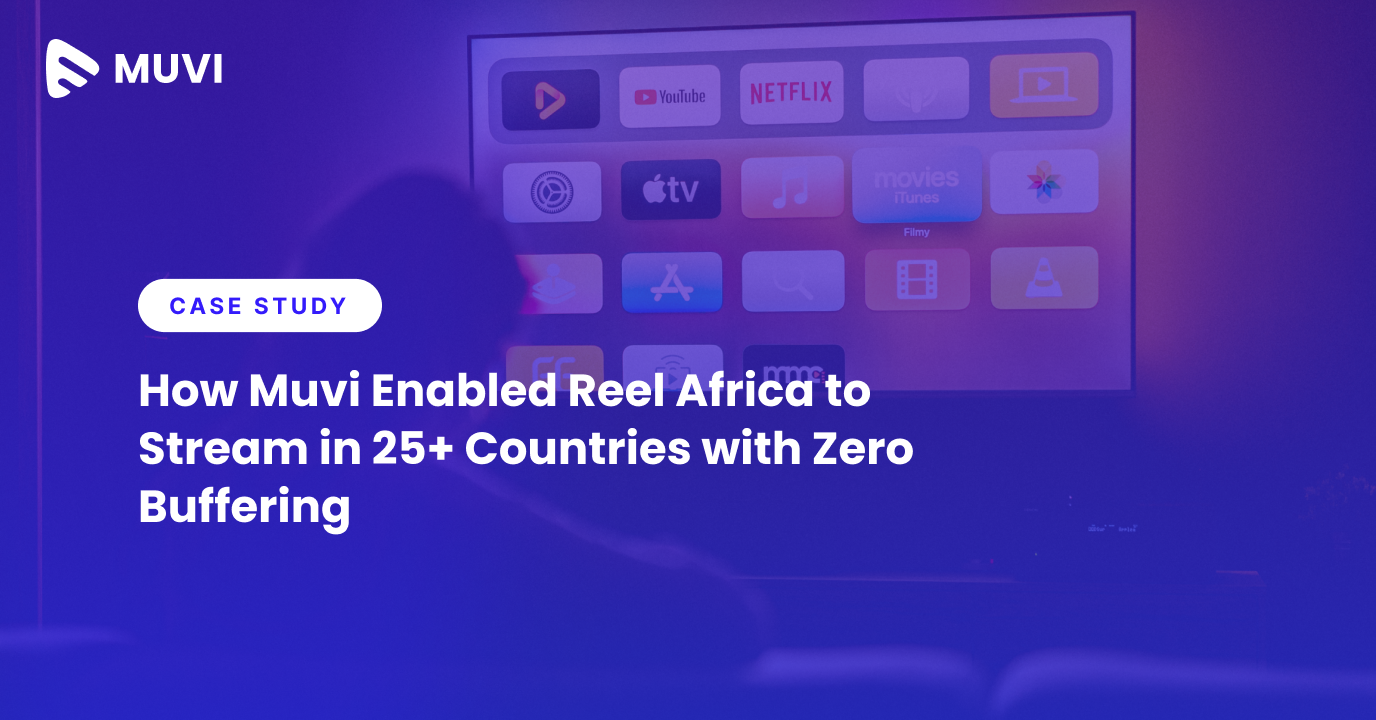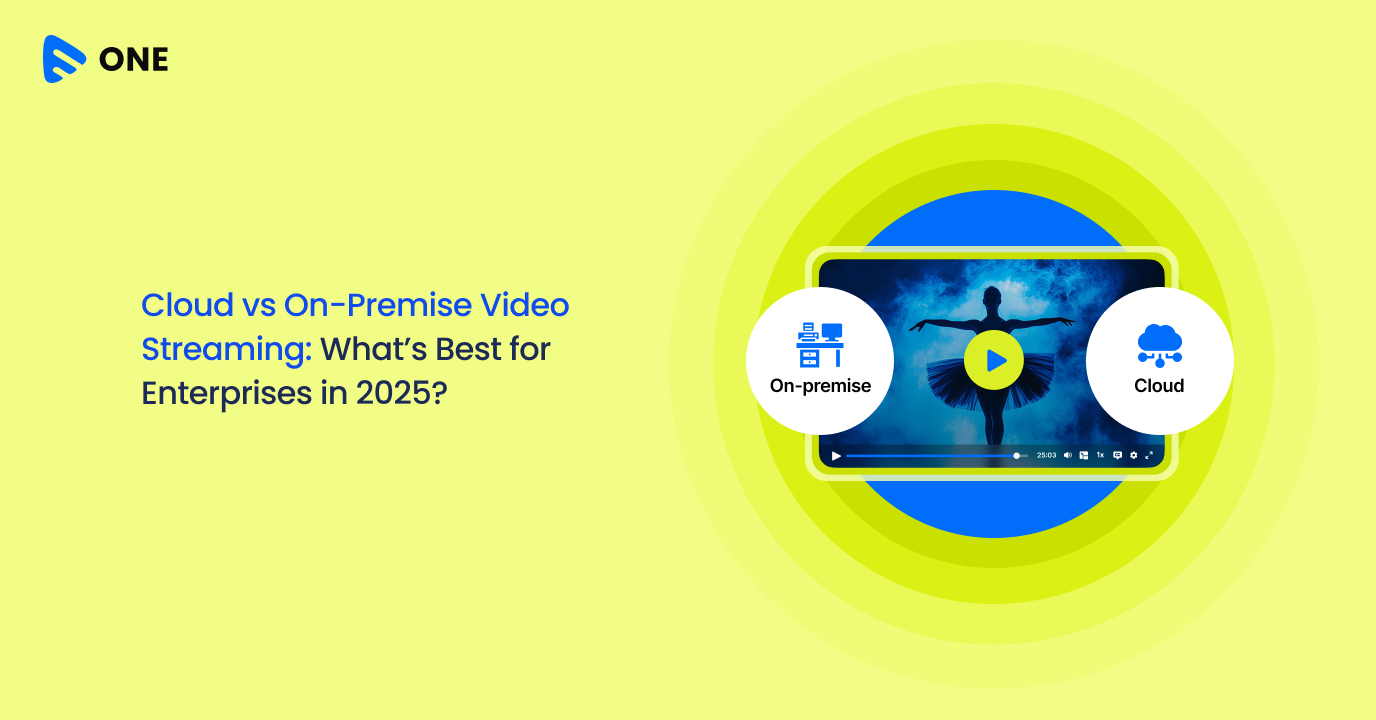Written by: Roshan Dwivedi
The review of the BBC’s charter overseen by culture secretary John Whittingdale doesn’t just have important implications for one of the UK’s most iconic institutions, it is also a symptom of a broader phenomenon: the disruption of television by online video on demand content. The future for broadcasters might look bleak, but there are also some likely winners. Video streaming services such as Netflix, Amazon Prime or Apple TV spring immediately to mind, but there is also room in the market for investigative news media such as The Guardian, The Times, or The Economist.
The big challenge for TV broadcasters is the fierce competition for people’s time from an ever-increasing group of content, media and entertainment providers. Competitive strategy scholars would describe the problem as follows: the level of competition in an industry is determined by the degree of substitution for a particular product of service. In other words, the more alternatives to fulfil a particular need, the more competitive the industry.
For Harvard’s Clayton Christensen such substitution is particularly likely if a common technology platform emerges. In this case, the improvement in broadband coverage and the affordability of Smart TVs have made web content a serious rival for traditional television.
Read the entire story here.














Add your comment